AOC's Fiery Warning After Green New Deal Fails: ‘We’re Going To Pay For This’
Rep. Alexandria Ocasio-Cortez (D-N.Y.) unleashed an impassioned defense of her Green New Deal during a House committee meeting on Tuesday, the same day the landmark environmental proposal failed to advance in the Senate.
During a meeting of the House Committee on Financial Services, Ocasio-Cortez used her time to address Republican critiques of the proposal, a set of ambitious policy recommendations meant to tackle climate change and rein in greenhouse gas emissions. Republicans have lambasted the Green New Deal as untenable, but forced the Senate to vote on the measure without a hearing in an attempt to get Democrats to go “on the record” about their support.
At 0-57, the nonbinding measure fell short of the necessary 60-vote threshold needed. No senators voted in support of it. Four members of the Democratic caucus voted against it. And most Democrats simply voted “present.”
However, Ocasio-Cortez said that while the proposal may have gone down, Americans would eventually need to pay to address climate change one way or another.
“We’re going to pay for this whether we pass a Green New Deal or not. We need to decide whether we’re going to pay to react or we’re going to pay to be proactive,” Ocasio-Cortez said. “I’m very sad to say that the government knew that climate change was real starting as far back as 1989. I’m going to turn 30 this year, and for the entire 30 years of my lifetime, we did not make substantial investments to prepare our entire country for what we knew was coming.”
Watch every second of this... @AOC is so incredibly spot on. pic.twitter.com/ESP4dC5TTo
— Brian Tyler Cohen (@briantylercohen) March 27, 2019
The lawmaker’s remarks came after several Republicans on the committee used their floor time to attack the Democrats’ environmental strategy. Rep. Sean Duffy (R-Wis.) accused the party of touting policies that would solely help “rich liberals,” but alienate poorer Americans.
“I think it’s rich that we talk about how we care about the poor, but all the while we’ll sign on to bills that will dramatically raise the cost for a family to get into a home,” Duffy said while speaking about a measure related to homelessness. He later called the Green New Deal “absolutely outrageous.”
That prompted a fierce retort from Ocasio-Cortez.
"We talk about cost—we’re going to pay for this whether we pass a Green New Deal or not. Because as towns and cities go underwater, as wildfires ravage our communities, we’re going to pay. And we have to decide whether we’re going to pay to react, or pay to be proactive."
-@AOC pic.twitter.com/akp2xPYeof— Brian Tyler Cohen (@briantylercohen) March 27, 2019
“This is not an elitist issue, this is a quality of life issue,” Ocasio-Cortez said. “You want to tell people that their concern and their desire for clean air and clean water is elitist? Tell that to the kids in the south Bronx which are suffering from the highest rates of childhood asthma in the country. Tell that to the families in Flint.”
She continued: “You’re telling them that those kids are trying to get on a plane to Davos. People are dying, they’re dying.”
Also on HuffPost
Love HuffPost? Become a founding member of HuffPost Plus today.
A Bumpier Ride?
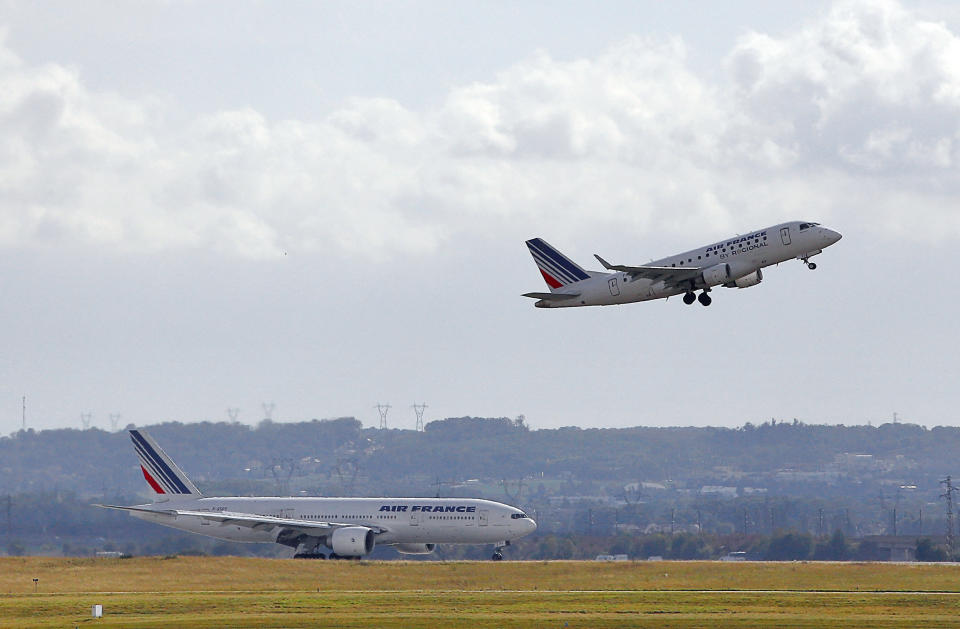
Not A Drop To Drink
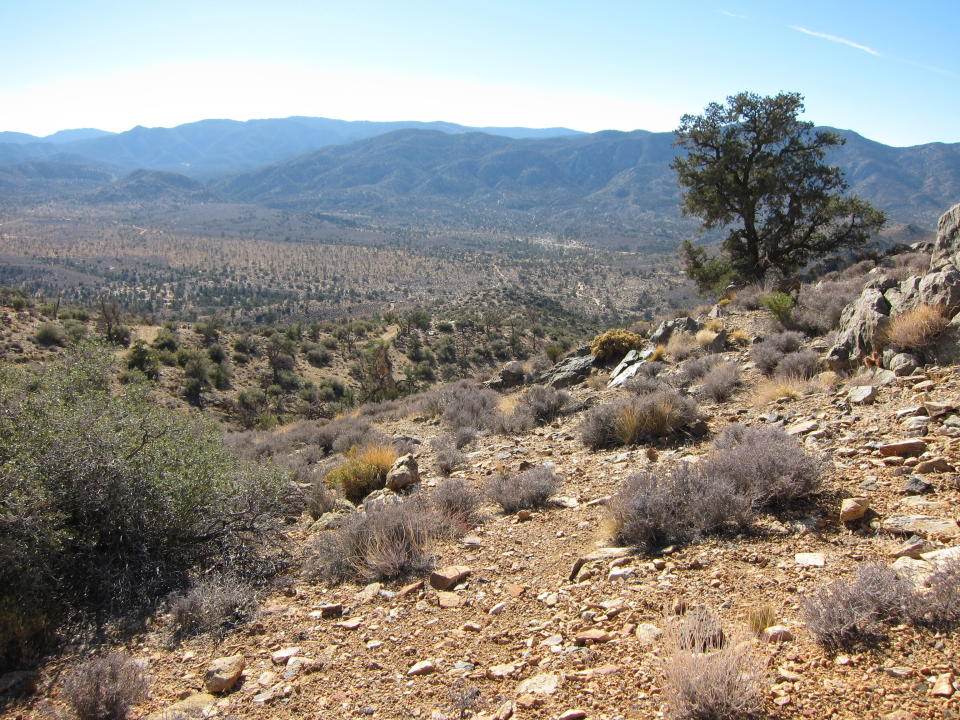
A Mighty Wind
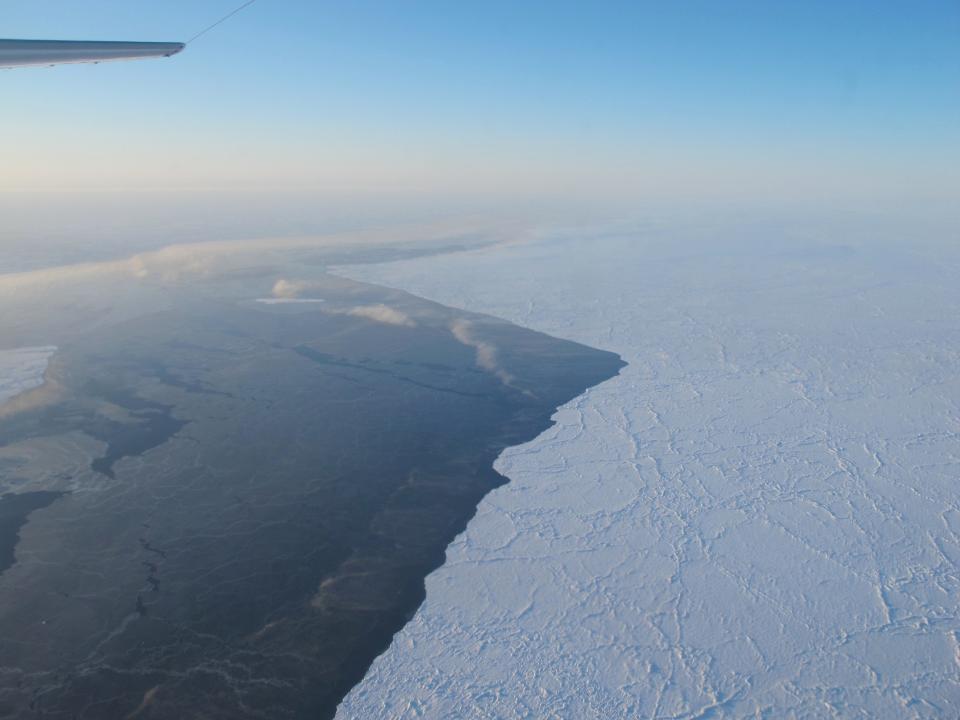
Worsening Allergies
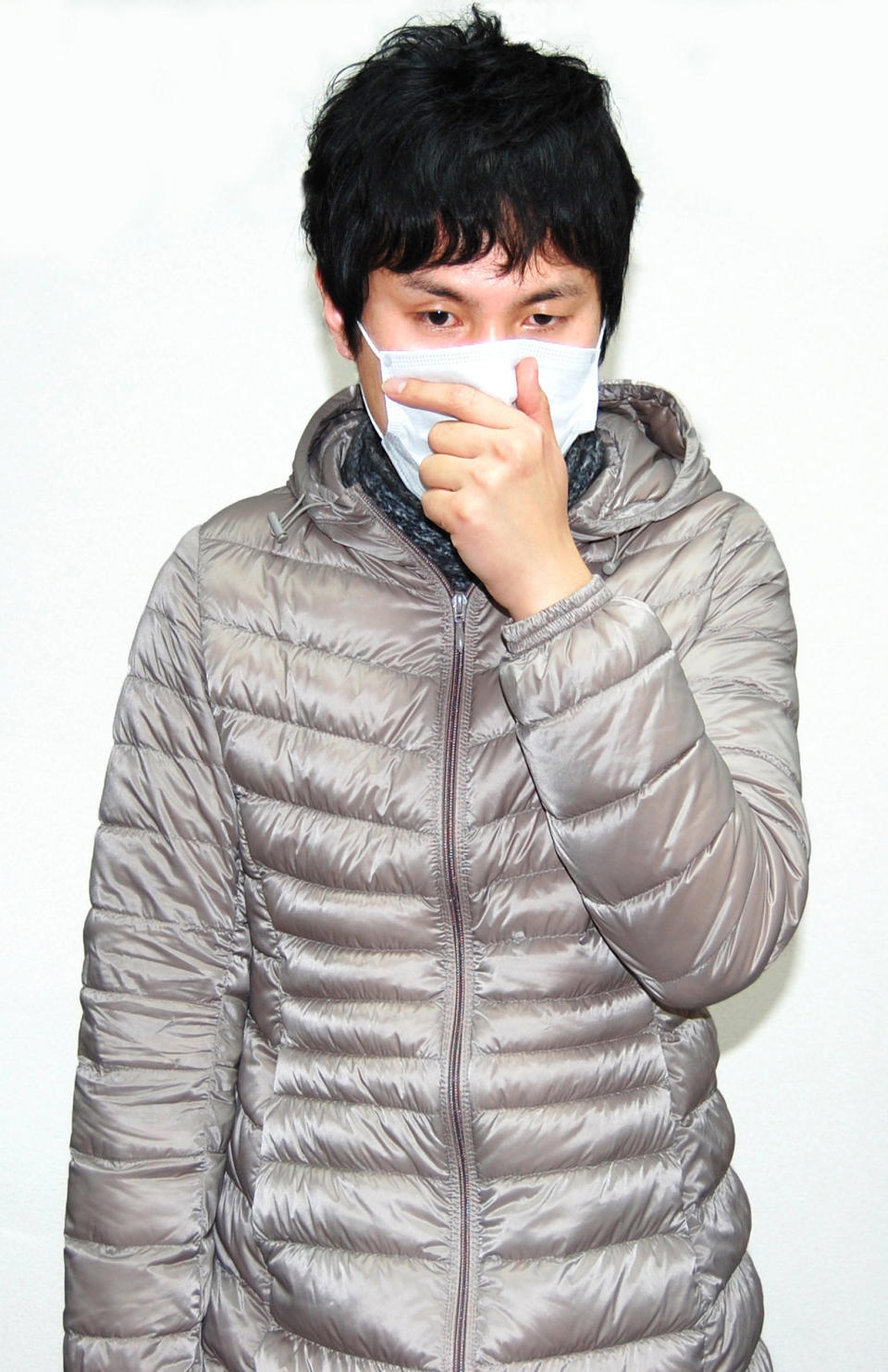
Wine To Go?

Home Sweet Home
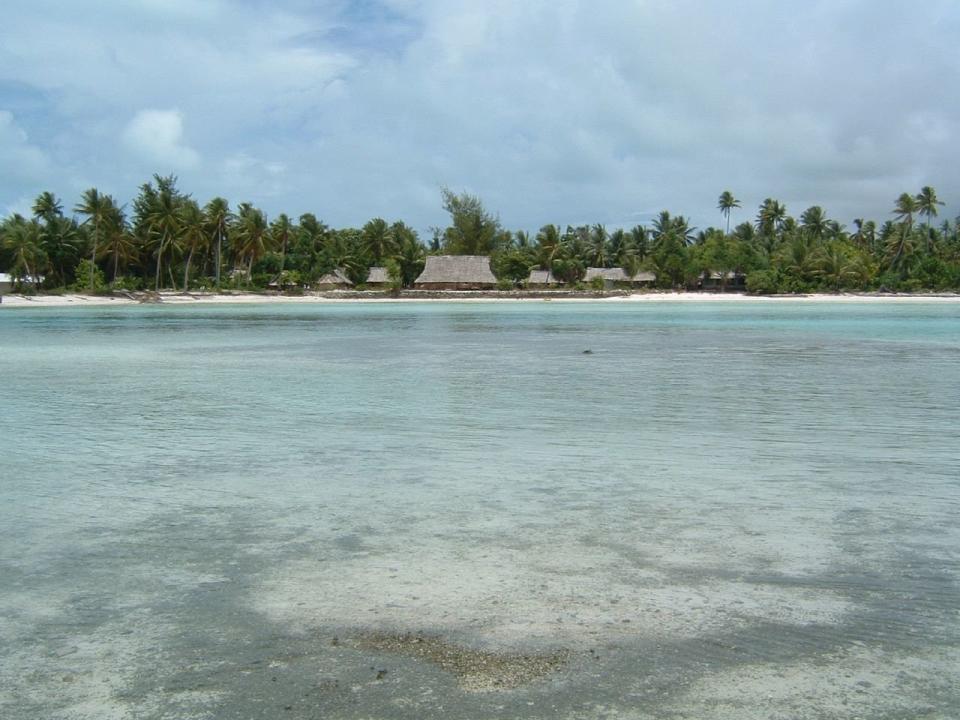
Trouble On The Ice

A Damper On Your Raw Bar?
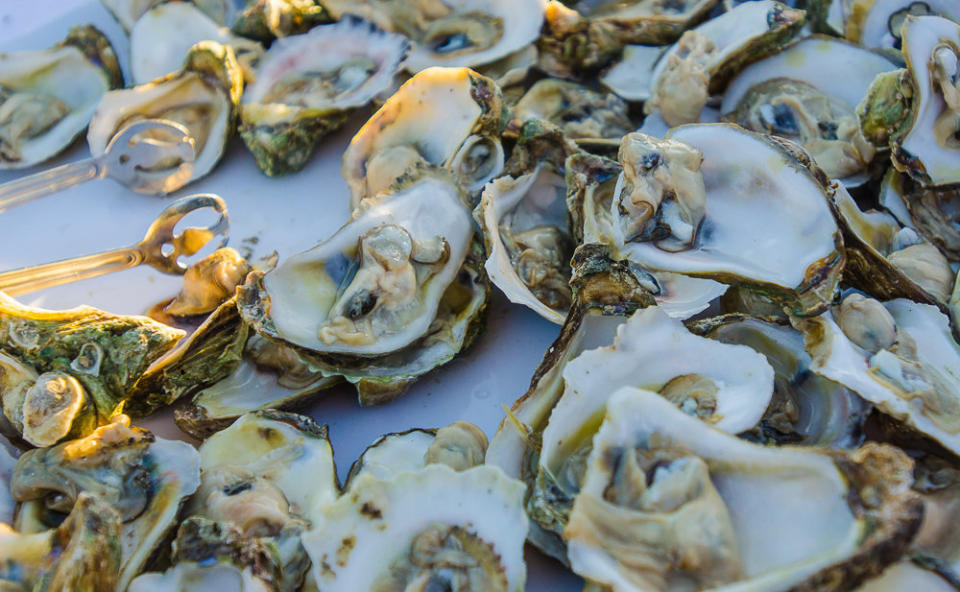
The Color-Changing Bears
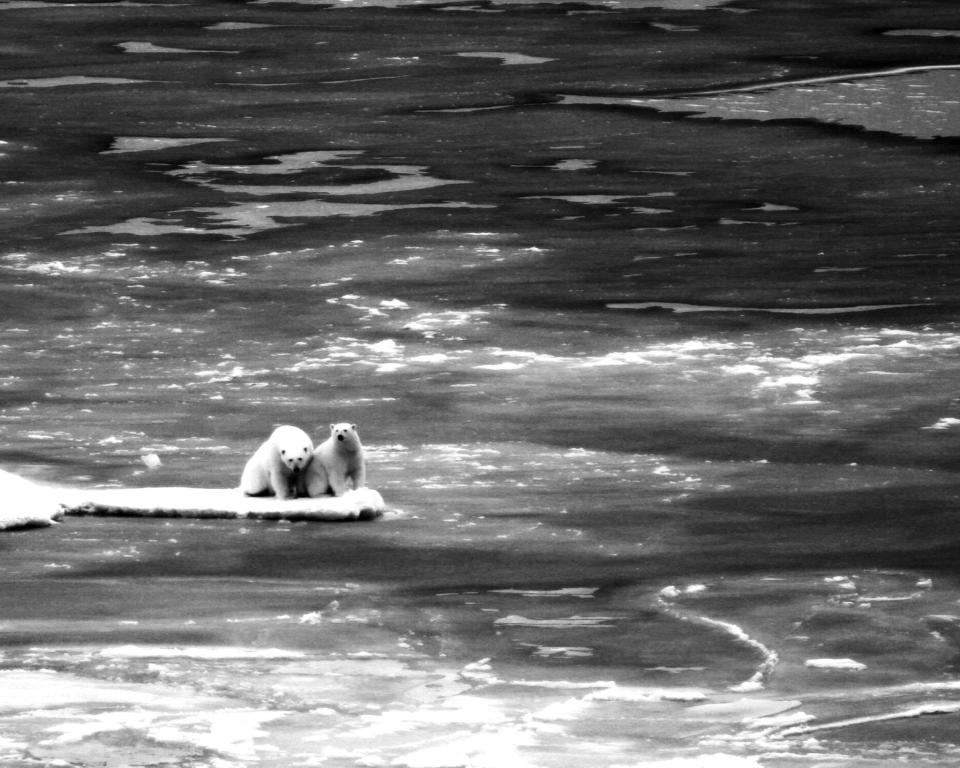
Less Time On The Chair Lift
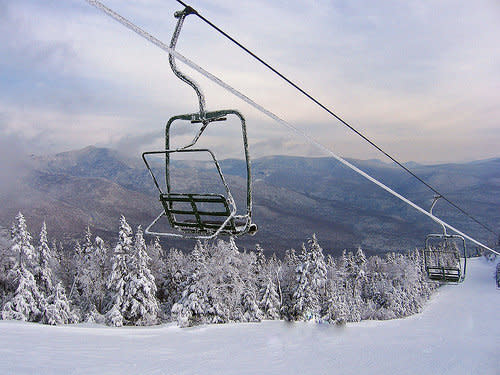
A Cold Cup Of Coffee

This article originally appeared on HuffPost.

